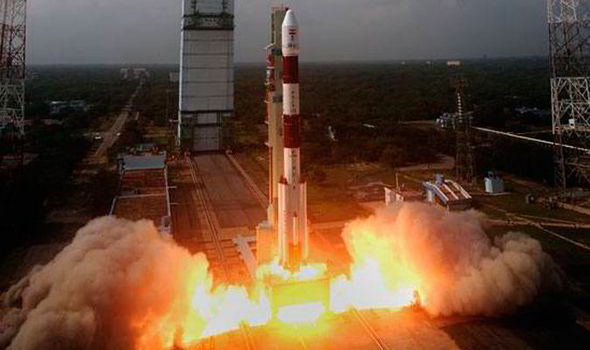Daily Express
November 8, 2013
![BLAST OFF: India’s PSLV-C25 rocket launches from the Sriharikota spaceport [REUTERS]](/wp-content/uploads/2013/11/Rocket-4416121.jpg)
Asked why we were handing over money to a country that can afford to send rockets into space, a spokesman for the Department for International Development said: “Not a penny of British taxpayers’ aid money has gone on India’s space programme.”
And with that, the unidentified spokesman should take a bow. He or she is the runaway winner of the contest.
Mind you, fatuous doesn’t even come close to describing the deliberate, calculating missing-of-the-point mindset revealed by that statement.
The issue is what are we doing handing over British taxpayers’ money to a country wealthy enough to allocate around £750million of its own money for a space programme?
Aid is trumpeted by its advocates as a form of moral duty on the wealthy West – that we have an obligation to do our bit to help those less well off than ourselves. As David Cameron put it: “Even when things are difficult at home we should fulfil our moral obligations to the poorest of the world.”The majority of people would agree with the broad sentiment that the wealthy do indeed have a charitable duty to the poor. But fine as that sentiment is in intention, when applied internationally it can be distorted beyond all sense. For one thing, there’s the corruption intrinsically linked to aid.
Study after study reveals the corruption that is endemic in the aid industry – and that’s what it is, a multi-billion-pound global industry.
Then there’s the fact that much aid ends up making things worse – by subsidising inefficiency and bankrolling societies that are incapable of standing on their own two feet, it can act to prevent poor areas ever adopting the reforms or developing the tools needed to grow and prosper.
As for our “moral obligation to the poorest of the world”, if you want to understand how distorted that gets, just look closely at what the Department for International Development spokesman had to say about the Indian space programme.
